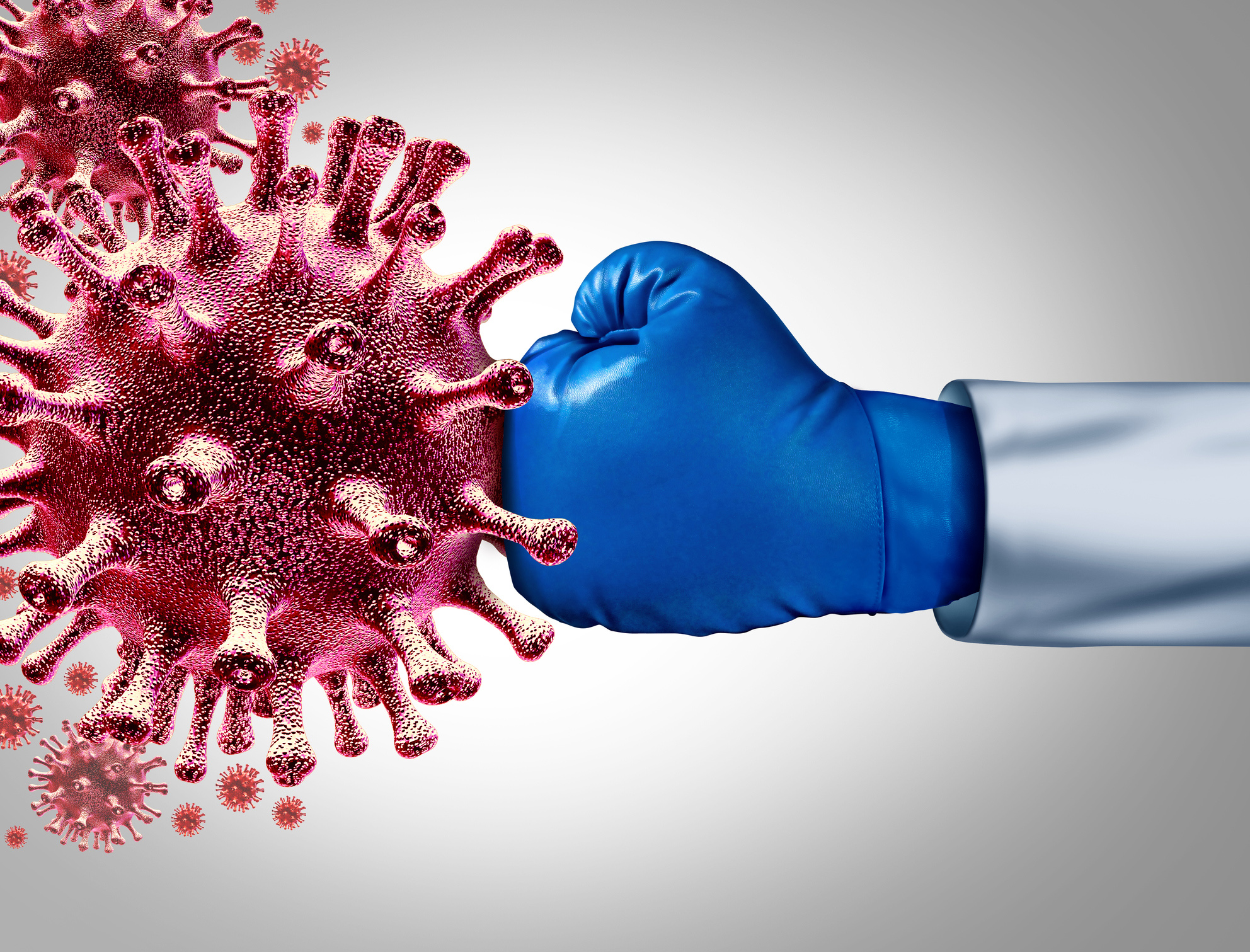Armed with two doses of an approved COVID-19 vaccine and reasonable precautions, much of the world has started to re-open for in-person events and gatherings. Gradually, in most households where everyone is vaccinated, the extreme sanitizing, masking, and isolating has eased and families can relax a little in and outside their home environments. But now that we are once again exposing ourselves more to germs and viruses in general, many wonder how last year’s lockdown will affect our immune systems in the coming months.
Many employees have returned, at least part-time, to their workplaces and in a matter of weeks, students will be back to in-person classes – many without the restrictions in place before the summer. Some people have raised concerns that after many months in isolation, individuals’ immune systems will have suffered from a lack of exposure to bacteria, parasites, and viruses.
But, according to a recent Huffington Post report, experts aren’t concerned for adults who have had a lifetime of exposure to help develop a robust immune system response. One year of masking, social distancing, and sanitizing won’t make a drastic change in the body’s immune response.
However, adults going back to the office, gyms, or community centers may contract a cold and should still plan on getting their flu shot this Autumn. Other factors that influence immune response like stress, lack of sleep, or less exposure to natural sunlight for an infusion of vitamin D should also be taken into account. Excess alcohol consumption can also hinder a robust immune system response to common viruses and bacteria.
Adults who have experienced “long haul COVID” may experience long-term changes to their immune system function. Although it is too soon to fully understand how the immune system may be altered by the virus, doctors are seeing a significant and prolonged inflammatory and autoimmune response in some patients that take much longer to recover fully from infection.
Young children, especially those in close social contact with other children at preschool or daycare may be more likely to come down with colds when they return to school or care facilities. As the world opens up more, they will have many opportunities to build their immune systems over time with exposure to viruses and germs.
The takeaway?
To stay healthy as life returns to normal, take time to focus on eating a healthy diet, getting plenty of sleep, and enough physical activity each day. Social interaction is also important to overall health and well-being. Stay home when you feel unwell, and keep washing your hands frequently!






Add Your Voice
0 Comments
Join the Discussion